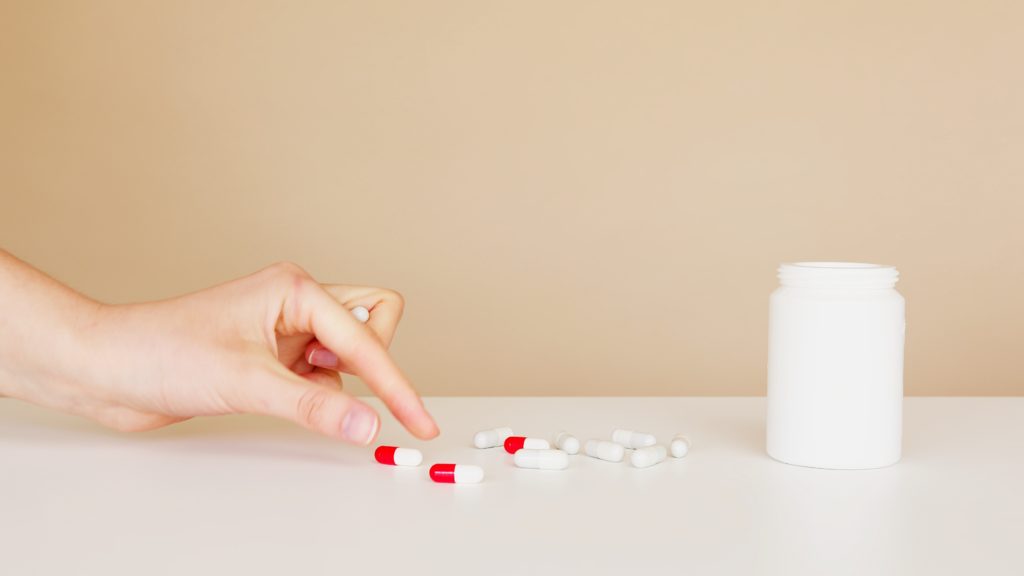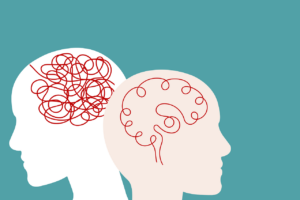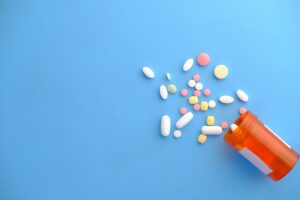
Artificial exercise: The potential power of a protein
Exercise in a Bottle
What if there was a supplement that would allow you to stay healthy without ever stepping on the treadmill? You’re probably thinking that there’s no way that will never happen. Well, while it is not likely that any “pill” will ever entirely substitute the benefits that exercise has on your health and brain, scientists have discovered a protein that might mimic some of the positive effects that come from working out.
Researchers at the University of California at San Francisco have recently pinpointed Gpld1, a liver-derived, systemically circulated protein. As published recently in Science, this protein has been shown to reverse adverse effects of cognitive aging, including memory function.
How’d they figure it out?
Horowitz et al. identified that this important protein is activated by exercise in both mice and humans. Next, the scientists continued their research in mice, taking blood samples from older mice that had exercised (and whose blood contained Gpld1) and injecting it into elderly “couch potato” mice. Excitingly, they found that the older, sedentary mice gained a cognitive boost from the protein. In particular, a domino effect was set into motion by the protein’s activity, decreasing inflammation and blood coagulation. Based on their results, the researchers believe that for those adults who are less able to exercise in older age, they might be producing less Gpld1 protein. This phenomenon could be a puzzle piece in solving the mystery of brain aging.
That’s great for the mice, but what about humans?
While Gpld1’s function and role in cognitive aging has only been clinically tested in our rodent friends, there are great implications for humans, too. Knowing that the protein naturally occurs in humans with exercise suggests that therapies boosting Gpld1 could help minimize effects of brain aging and perhaps reduce the risk of age-related brain diseases, such as Alzheimer’s. Science may not have figured out this magic exercise-substituting, brain de-aging pill quite yet, but in the meantime, here’s what we do know about keeping your brain in shape while you age:
First, we’ve covered the state of the evidence on strategies for healthy brain aging here before in the article, “Brain Protection: State of the Evidence“. Research has shown that in addition to exercise, “brain games” and keeping your blood pressure low could increase the probability for healthy cognitive function as you age. New evidence from large-scale reviews also shows that exercise works well and interactive social activities may help, too. Other good sources for tips on healthy brain aging can be found at the National Institute on Aging and at the Well Institute for Neurosciences at the University of California San Francisco.
ABOUT THE AUTHOR
Gabbie McWilliams will be graduating in Spring 2021 with a B.S. in Biology from CSU.





